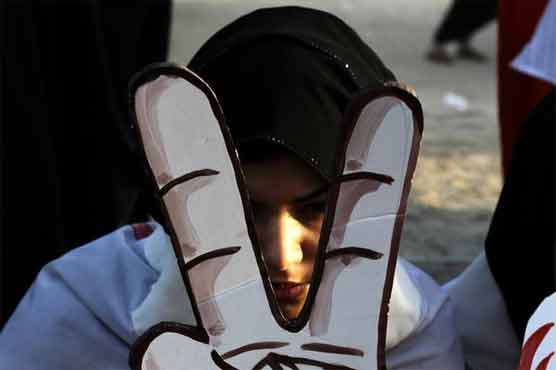Bahrain accepts majority of UN rights recommendations

Bahrain has agreed to accept majority of recommendations by the UN regarding human rights.

Bahrain has agreed to accept majority of recommendations by the UN regarding human rights.